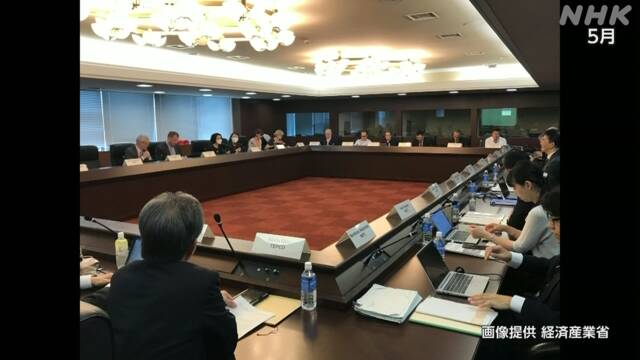The IAEA = International Atomic Energy Agency (IAEA) investigation team, which is conducting safety assessments regarding a plan to dilute the treated water accumulated at TEPCO's Fukushima Daiichi Nuclear Power Station to a concentration below the standard and release it into the sea, has completed the last investigation that it had been conducting before compiling a comprehensive report.
At the request of the Japan government, the IAEA has frequently dispatched survey teams consisting of experts from the United Kingdom, China, South Korea, and other countries to Japan since February last year to assess the safety of the project against international standards.
In this survey, in addition to holding discussions with government officials on the Japan side in Tokyo from the 2th of last month, they visited the Fukushima Daiichi Nuclear Power Plant on the 29nd to confirm the status of the equipment used for the release.
According to the Ministry of Economy, Trade and Industry, there are no plans for additional investigations for the time being, and the IAEA will compile a comprehensive report before the start of the release based on the investigations so far.
The IAEA had previously informed Japan of the timing of the release of the report as the outlook for this month, but did not state this time.
In addition, the IAEA announced on March 2 the results of analyzing samples of treated water collected in last year's survey at laboratories in various countries and comparing them with the analysis results of TEPCO.
The report praised TEPCO's management of treated water as "proven to be highly accurate and technically capable of measuring radioactive substances, and the analysis method is appropriate."
The Japan government plans to dilute the treated water containing tritium and other radioactive substances that accumulate at the Fukushima Daiichi Nuclear Power Station to a concentration below the standard and begin releasing it into the sea by around this summer.

